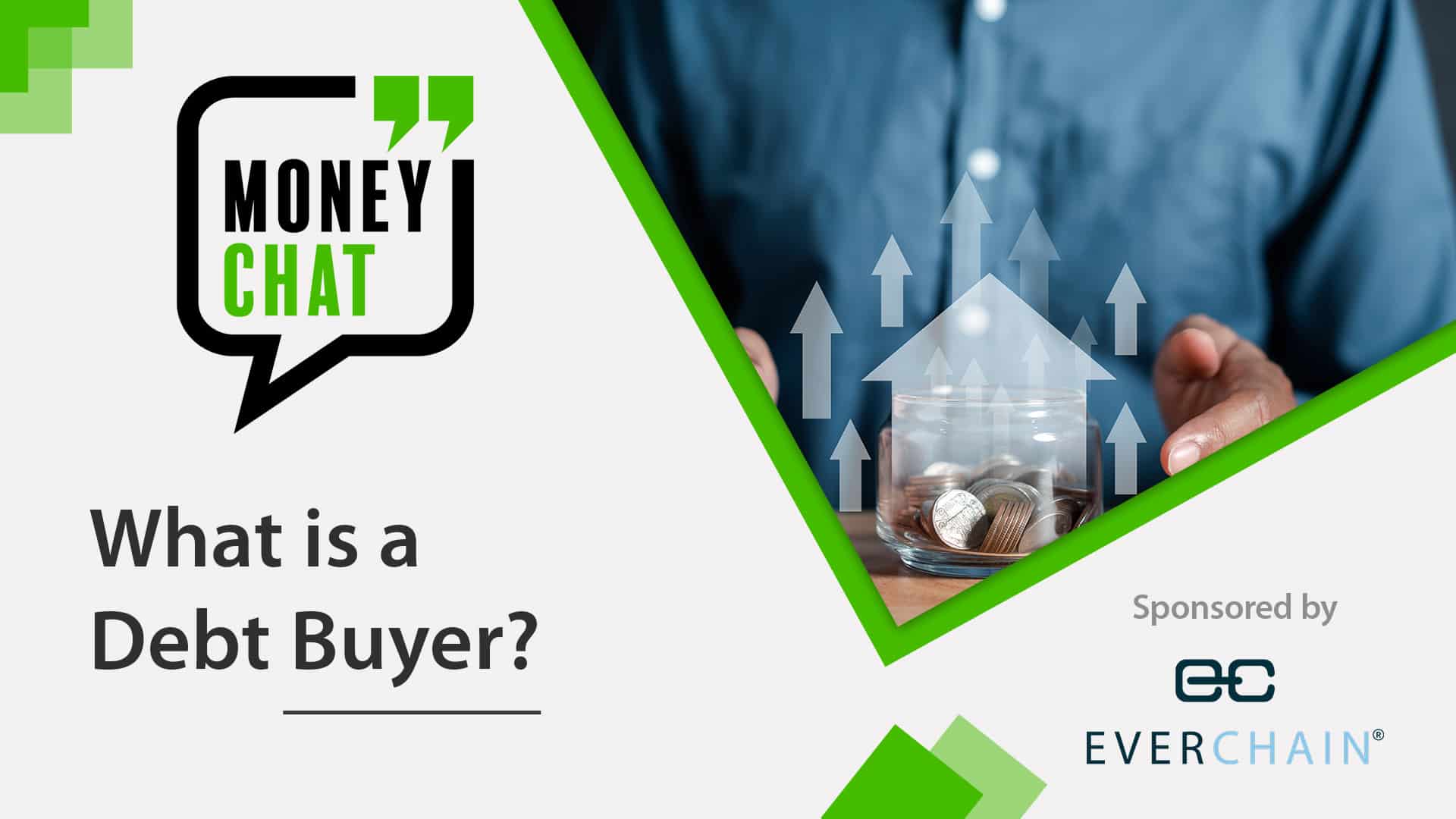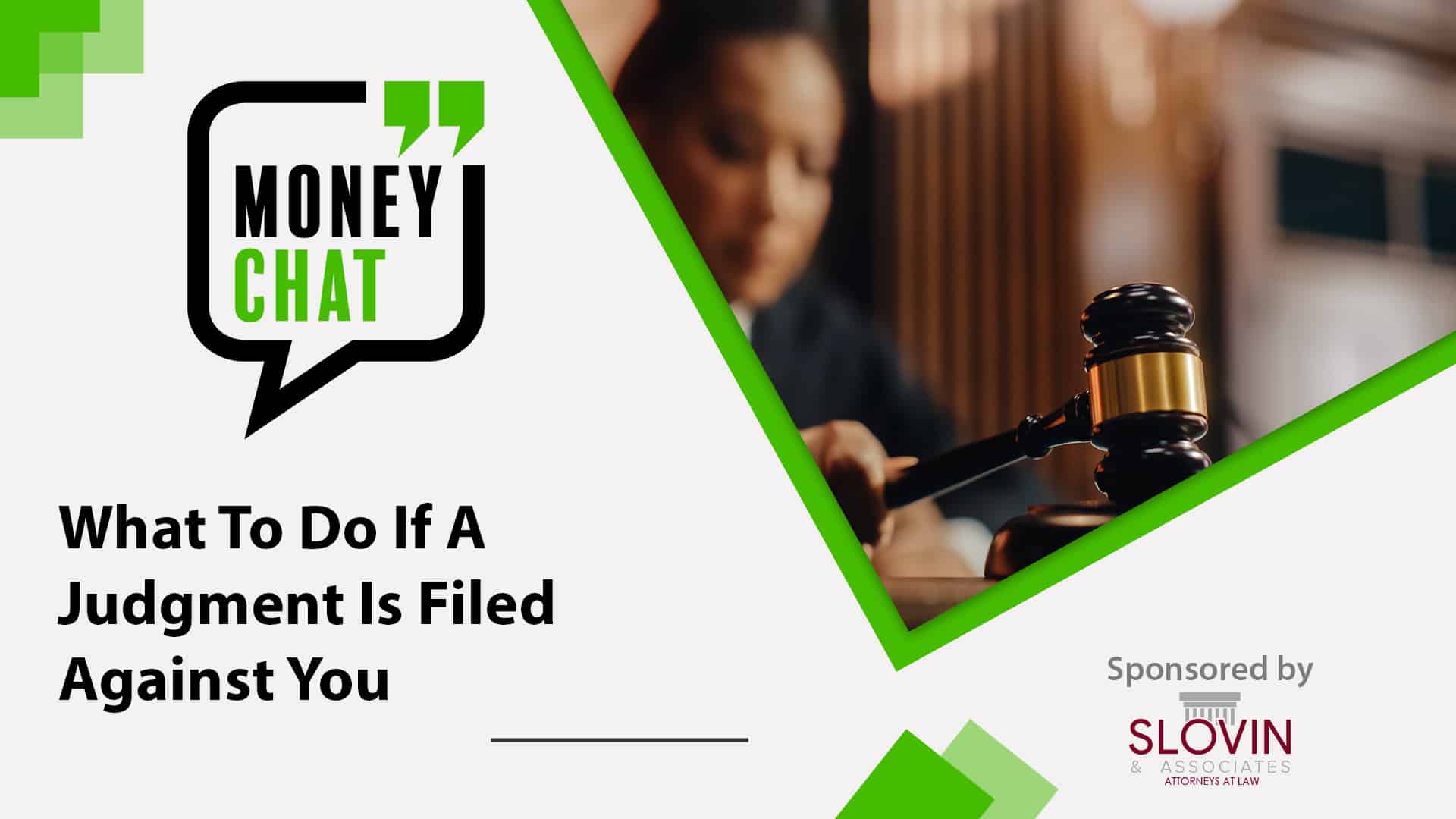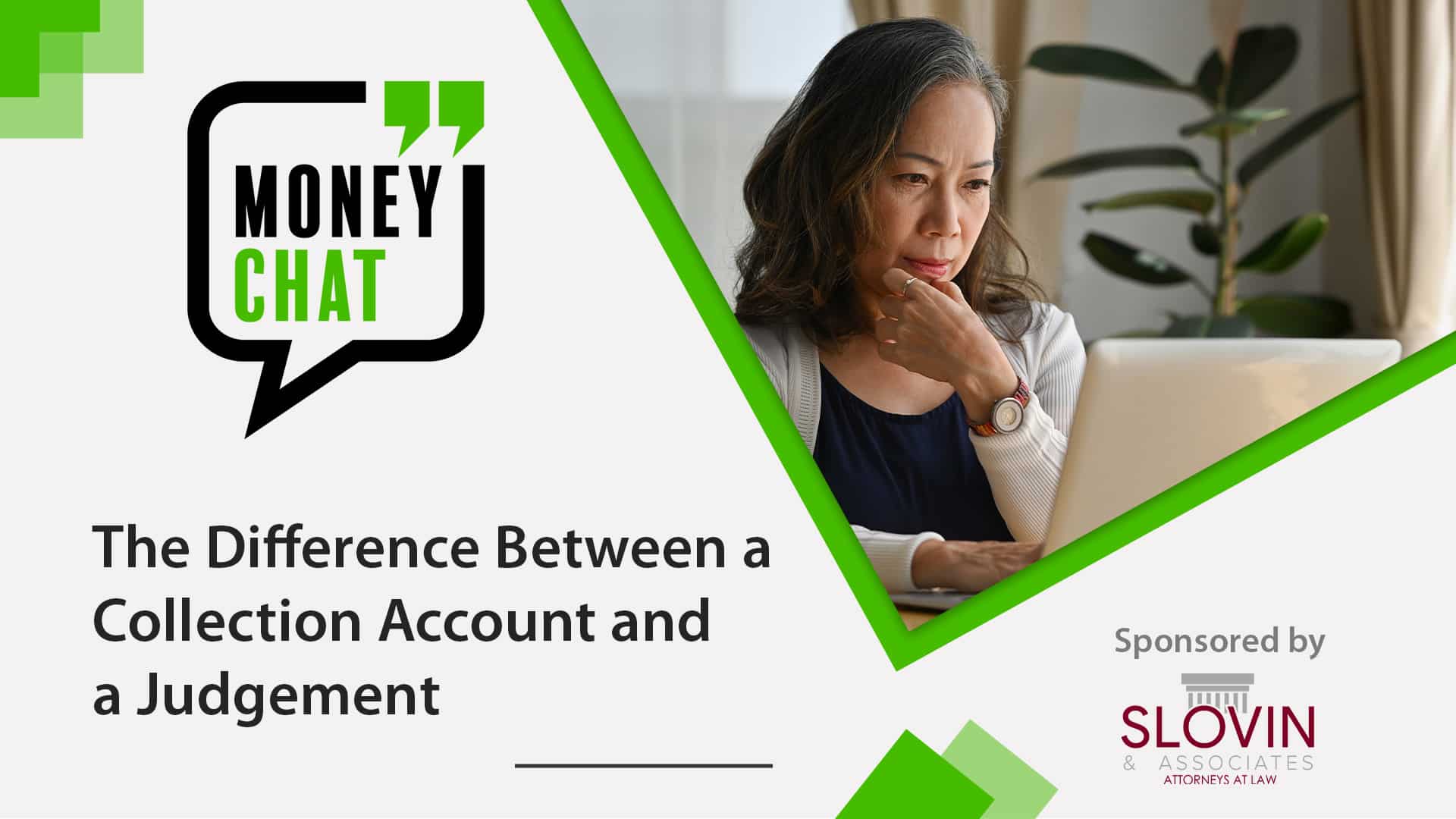
What is a Debt Buyer?
If you’ve ever had a debt in collections, you may have experienced your account being purchased by a debt buyer. Debt buyers are businesses in the financial industry that partner with credit issuers to relieve some of the financial loss that can occur from lending money, goods, or services for which the agreed payments are not received. Debt buyers purchase debt from creditors, and then work with debt collectors to recover those accounts. Most debt buying companies are privately held small businesses that operate on a state and/or regional basis, or in a niche market, but there are also a small number of large companies employing more than 1,000 individuals.
In this Money Chat, the goal is to provide an informed perspective of what debt buyers are and their role in the American credit system.
The U.S. Credit System

Debt buyers serve a purpose in the credit system by allowing creditors to recuperate financial loss, protect product offerings and interest rates designed for consumers who pay as agreed, and efficiently liquidate charged-off portfolios to maintain focus on core business products and services.
The Receivables Management Association International, the major professional organization for debt buyers, puts it this way in their “White Paper on the Debt Buying Industry:”
Originating creditors extend credit with the expectation they will be repaid. More than 90 percent of all accounts in the U.S. are repaid according to the terms of the contractual agreement. Because of this high repayment rate, creditors have been able to focus their energies on the products and services they provide rather than expending significant resources on collection efforts. For those accounts that are in default, debt buyers provide originating creditors a convenient way to receive economic value for these non-performing accounts…
…Collection activities protect the overwhelming majority of U.S. consumers who pay debt on time by ensuring that they continue to have access to credit at affordable interest rates. Such credit would not otherwise exist if defaults were uncollectible. Consumers enhance their purchasing power when losses that businesses would otherwise have to pass on to consumers in the form of higher prices are mitigated through collections.
What Do Debt Buyers Do?

Debt buyers are a type of investment company. They have established operations and partnerships specifically for the compliant and efficient collection of debt. Many credit issuers do not have the resources and expertise to dedicate to debt collection activity, or they know developing those skills would detract from their core business, so selling charged-off accounts to a debt buyer may be best for their business.
After acquiring the accounts for a discount based on the amount owed, debt buyers then start attempting to collect on the account— often through a network of partner collection agencies and collection law firms. Some debt collectors (collection agencies and collection law firms) only operate as account servicers working for creditors and debt buyers. To better understand the different companies that can become involved with an account in the collection process, read the Money Chat article, “Why Is My Account Not With My Original Creditor?”
Are Debt Buyers Regulated?
All debt collection activity is regulated by the Fair Debt Collection Practices Act (FDCPA). Consumers have rights under the FDCPA to protect them from abusive, unfair or deceptive debt collection practices. The Consumer Financial Protection Bureau (CFPB) is actively involved in developing and enforcing the FDCPA among businesses involved in the collection of debt. The CFPB last issued “rules” effective November 30, 2021 to clarify and interpret the federal act more specifically in light of evolving technologies and business practices.
Reputable debt buyers work hard to carefully comply with regulations and protect consumers’ rights, data, and privacy as required by law. As with any sector of businesses in the consumer financial services industry, however, there are some fraudulent or noncompliant “businesses” that disregard what is required by the law for what is profitable or convenient. Consumers in any arena of business, including debt collection, should always be diligent to stay informed and avoid making any payments to potential scammers. Report scams and abusive collection practices to the Consumer Financial Protection Bureau, the Federal Trade Commission or your state attorney general’s office.
Free Financial Literacy Resources
Learn more from the Executive Summary of the whitepaper, “The Debt Buying Industry” by Receivables Management Association International (RMAI).
Read more articles related to this topic on the Receivables Info Money Chat series:
Have an idea for a Money Chat topic?
We want to hear from you! If you have a suggestion for a future Money Chat topic, please email us at [email protected].
The information contained in this article is meant to serve as general guidance for consumers and not meant to serve as comprehensive financial advice. For questions about your individual circumstance, finances, or accounts, please contact your creditor(s) and/or financial advisor directly.
Thank you to our sponsor, EverChain
EverChain is a debt broker that is the recognized pioneer of compliant and data-driven debt sales. In 2012, EverChain developed a market-disrupting debt sale management solution, and launched the first and largest certified buyer network, establishing them as THE marketplace for consumer debt transactions. Over the past decade, EverChain has facilitated the sale and transfer of billions of dollars in uncollected debt while simultaneously infusing creditors with millions of dollars in revenue. All with unprecedented consumer-centric compliance. EverChain specializes in the following areas of consumer debt: Auto Finance, Utilities, Buy Now Pay Later, Payday Loans, Credit Card Deficiencies, Bankruptcies and Point of Sale Loans. To learn more, visit www.everchain.com or email [email protected].




